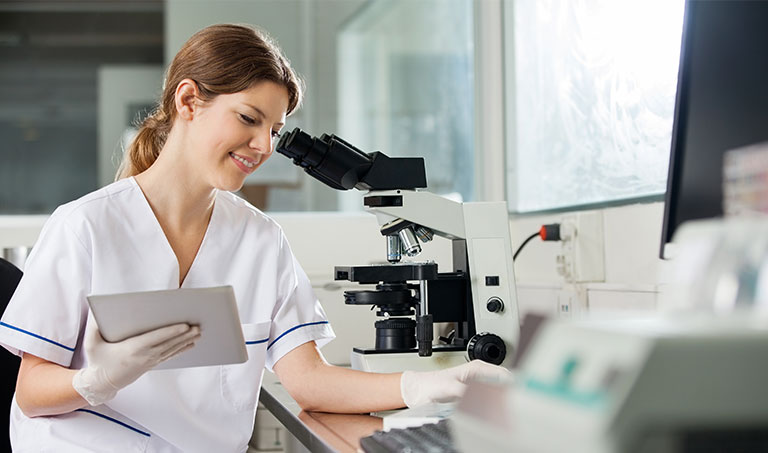If you’ve ever been scheduled for a laboratory test, you know that it can be a critical step in maintaining your health. Whether it’s for diagnosing a specific condition, monitoring an existing one, or simply getting a general health checkup, laboratory tests provide valuable insights into your well-being. At Optimal Health, we understand the importance of proper preparation for these tests to ensure accurate and reliable results. In this comprehensive guide, we’ll walk you through the essential steps and guidelines to follow when preparing for a laboratory test.
Follow Your Healthcare Provider’s Instructions
The first and most crucial step in preparing for a laboratory test is to follow the instructions provided by your healthcare provider. These instructions are tailored to the specific test you’ll be undergoing, and adherence to them is essential for accurate results. We recommend that you carefully read and understand the guidance given to you by our team at Optimal Health.
Honesty Matters
Honesty is key when preparing for a laboratory test. Even minor deviations from the instructions can significantly impact the results. Be upfront with your healthcare provider if you haven’t followed the guidelines precisely. For example, certain medications can influence blood sugar levels, so it’s crucial to disclose all the medications, vitamins, and supplements you are currently taking.
Know When to Fast
Fasting is a common requirement for several laboratory tests, including those related to blood glucose, cholesterol levels, and triglycerides. Fasting typically involves refraining from eating or drinking anything except water for a specified period before the test. The duration of fasting can vary, so it’s essential to ask your healthcare provider or check our guidance at Optimal Health to determine how long you should fast, if necessary.
Special Preparations for Specific Tests
Different laboratory tests may have unique preparation requirements beyond fasting. Some tests may call for avoiding specific foods and beverages, refraining from smoking, or modifying your daily activities. For instance, the Creatinine Test may require fasting or avoiding certain foods, while the Cortisol Test may involve rest and specific fasting instructions. For women, a Pap Smear may require specific preparations, such as abstaining from douching, tampon use, or sexual activity for a specified time before the test.
Stay Hydrated When Necessary
While fasting is common, some tests may require you to consume extra water. This helps maintain adequate fluid levels in your veins, ensuring more accurate results for certain blood tests. Additionally, you might be asked to drink water shortly before specific urine tests. Be sure to follow these hydration instructions as provided by your healthcare provider or Optimal Health.
By following these essential tips and guidelines, you can prepare effectively for your laboratory test and increase the likelihood of obtaining accurate and reliable results. At Optimal Health, we’re dedicated to helping you achieve your best health, and proper test preparation is a crucial step in that journey.
For specialized laboratory testing services tailored to your unique health needs, visit our Specialized Laboratory Testing page here. Don’t wait; take charge of your health today.
Ready to prioritize your health? Contact Optimal Health now to schedule your laboratory test and start your journey to optimal well-being.

